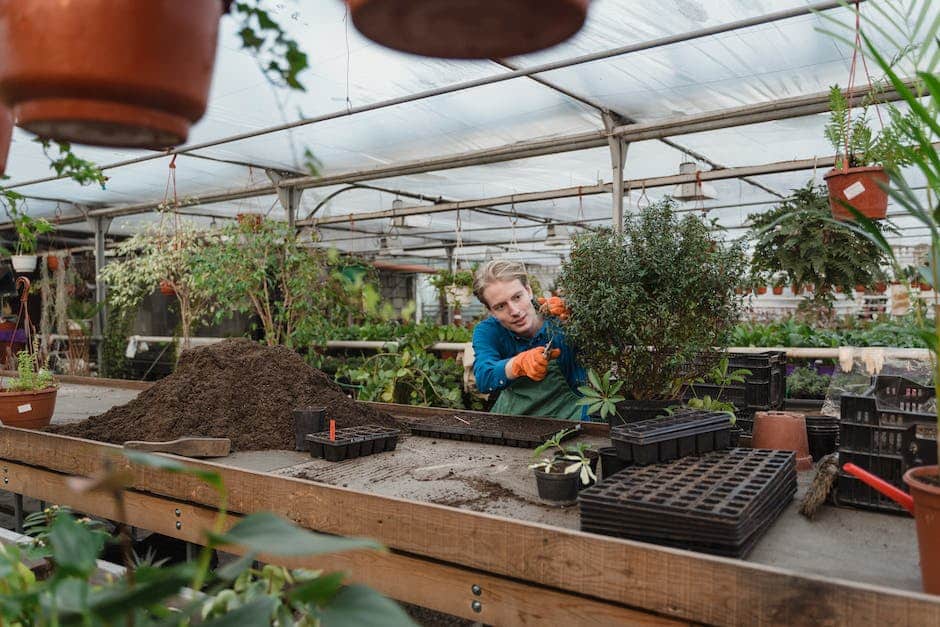What are Non-GMO Seed Varieties?
Non-GMO seed varieties refer to seeds that have not been genetically modified through laboratory processes to combine DNA from different organisms. These seeds are considered natural and have not undergone genetic engineering to enhance specific traits or characteristics. Non-GMO seeds are widely used by organic farmers and home gardeners who prioritize growing plants in a natural and sustainable manner.
How to Identify Non-GMO Seeds
Identifying non-GMO seeds can be challenging, especially since most seeds available to at-home gardeners are not genetically modified. However, there are some visual and physical characteristics that can help distinguish non-GMO seeds:
- Size and Shape Variation: Non-GMO seeds tend to show more variation in size and shape compared to GMO seeds. This variation is a result of the genetic diversity within the plant species.
- Varied Colors: Non-GMO seeds come in a wide range of colors, reflecting the natural genetic diversity within the plant species. GMO seeds, on the other hand, may have a more uniform appearance.
- Natural Imperfections: Non-GMO seeds may exhibit imperfections such as blemishes, cracks, or insect damage. These imperfections are a natural part of the seed’s development and are less likely to be present in genetically modified seeds.
- Adaptability to Local Environment: Non-GMO seeds are often well-adapted to specific local climates and growing conditions. They have evolved naturally over time to thrive in their specific environments.
- Heritage or Heirloom Status: Non-GMO seeds with heritage or heirloom status have a rich history and lineage, preserving unique traits and flavors. These seeds have been passed down through generations and have not been genetically modified.
Availability of Non-GMO Seeds
When it comes to purchasing non-GMO seeds, there are several reliable sources available. Many seed companies specialize in offering non-GMO seed varieties for both commercial farmers and home gardeners. Some of these companies have gained a reputation for providing high-quality non-GMO seeds, ensuring that individuals have access to natural and sustainable planting options.
While the specific list of non-GMO seed varieties is not provided in the sources mentioned, there are numerous online resources available that provide comprehensive lists of seed companies offering non-GMO seeds. These resources can be accessed through websites dedicated to organic gardening and sustainable farming.
Conclusion
Non-GMO seed varieties are natural seeds that have not been genetically modified through laboratory processes. They are favored by organic farmers and home gardeners who prioritize growing plants in a natural and sustainable manner. Identifying non-GMO seeds can be done by looking for visual and physical characteristics such as size and shape variation, varied colors, natural imperfections, adaptability to local environment, and heritage or heirloom status.
Related Websites:
FAQs:
Q: What are GMOs?
GMOs, or genetically modified organisms, are plants or organisms whose genetic material has been altered through genetic engineering techniques. This is done to introduce specific traits or characteristics into the organisms, such as improved resistance to pests or herbicides.
Q: What are non-GMO seed varieties?
Non-GMO seed varieties are seeds that come from plants that have not been genetically modified. These seeds are grown naturally and do not contain any artificial genetic modifications. They are important for those who want to avoid genetically modified plants.
Q: How can I identify non-GMO seeds?
To identify non-GMO seeds, it is important to read the seed packaging or descriptions for relevant information. Some companies may voluntarily label their products as non-GMO. Additionally, purchasing seeds from trusted sources or suppliers who specialize in non-GMO seeds can also ensure their authenticity.
Q: What are the benefits of using non-GMO seeds in gardening?
Using non-GMO seeds in gardening offers several benefits. Firstly, it helps preserve biodiversity and traditional plant varieties. Secondly, consuming produce from non-GMO seeds may have potential health benefits. Non-GMO seeds are also essential for those who are concerned about the impact of genetically modified plants on the environment and want to support sustainable gardening practices.
Q: Where can I find non-GMO seeds?
Non-GMO seeds can be found in local gardening stores, particularly those that specialize in organic gardening. Many online retailers also offer a wide selection of non-GMO seeds. It is important to ensure that the sources chosen are reputable and provide clear information about the non-GMO status of their seeds.






